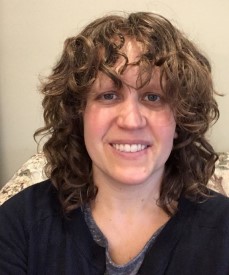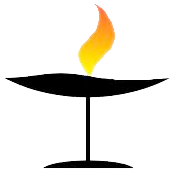Minister’s Blog

Dear Ones,
It’s May, which means it’s time for the Mother’s Day Walk for Peace to support the Louis D. Brown Peace Institute, which is a center for healing, teaching, and learning for families and communities dealing with murder, trauma, grief, and loss. As I shared in a sermon last month, I first came to know the Peace Institute as a member of a coalition of youth workers and young people organizing to address racial disparities in the juvenile justice system. Our coalition’s major campaign was to pass a bill through the MA state legislature that would get municipalities to collect the demographic data they were federally required to collect and make public, but were by and large not collecting. Not having the data to show what we already knew – that young people of color are disproportionately criminalized and experience more harmful impacts from our juvenile justice system in our state – was a barrier to effective advocacy to reduce and eliminate racial disparities. So we needed the data.
How do you get teenagers excited about data collection, you ask? Well, for one thing, they did not need much convincing. The youth who worked on this campaign had cousins, friends, siblings, and were the ones themselves who knew what it felt like to be over-policed, and to get harsher treatment once in contact with the juvenile court and detention system. They knew how unfair it was, and how hard it is to convince those who don’t experience these impacts first-hand – that is, most of those who are in positions of power – without the data to “prove” it. It also helped that we always had lots of yummy food at our meetings.
I’m telling you this story because this experience is one of the many reasons that I am called to support the Peace Institute, and to follow their lead in our shared work to build a better world. I asked myself, why was the Peace Institute, whose primary focus is supporting families in the aftermath of a homicide, participating in this data collection campaign? In other words, what do racial disparities in our juvenile justice system have to do with community violence? The answer is, everything. The Peace Institute has taught me over and over again that if we want to heal our world, we have to look for root causes, we have to listen to the voices of those most impacted by injustice, and we have to organize for systemic change.
You are invited to join me and our Social Justice Committee in supporting the Louis D. Brown Peace Institute this May. There are lots of ways to get involved: You can walk with us on May 11, you can donate to support Team UCS, and you can ask your friends and family to donate, too. To register, visit our team page, and click “Join Our Team.”
Yours in faith,
Rev. Jolie

Follow Us!